At the frontline of Mysuru’s battle against the Coronavirus pandemic is the New District Hospital or what is now called the Designated COVID-19 Hospital on KRS Road where over 250 beds are reserved for COVID patients.
This Hospital was first taken over by the Mysuru District Administration to treat patients who tested positive in the month of March when there was a spike in cases due to the infection spread from Nanjangud-based Jubilant Generics. The outbreak was treated as a cluster case and over 90 patients were being treated round-the-clock here.
After the initial spike and recovery of all the patients, again the Hospital was back in focus with many cases being reported on a day-to-day basis. Now this Hospital has reached its maximum level and other hospitals and COVID care facilities have been identified to handle the large infection rate.
At present, there are over 200 patients in the Hospital and over 50 beds have been reserved for emergencies. The Health Department has deputed a set of doctors, nurses and other healthcare workers to treat patients here who work in shifts.
Vow to end pandemic
After spending certain fixed days at the Hospital, the doctors and staff are placed under 14-day quarantine where their throat swab samples are collected and tested. Only if they test negative they are allowed to go home, only to be back at work after a short break.
From the month of March, doctors, Health Department officers and hospital administration officials huddled and took it as a challenge to overcome the pandemic. It was the moment when the doctors pulled up their socks and took crucial decisions for initiating the treatment. Taking the spreading infections as a challenge, the doctors and healthcare staff worked tirelessly.
Wearing Personal Protective equipment for over 8 to 10 hours at a stretch, doctors and healthcare staff continue to take care of patients. Already, over 70 patients have lost their lives due to the pandemic and according to doctors they tried their best to save lives.
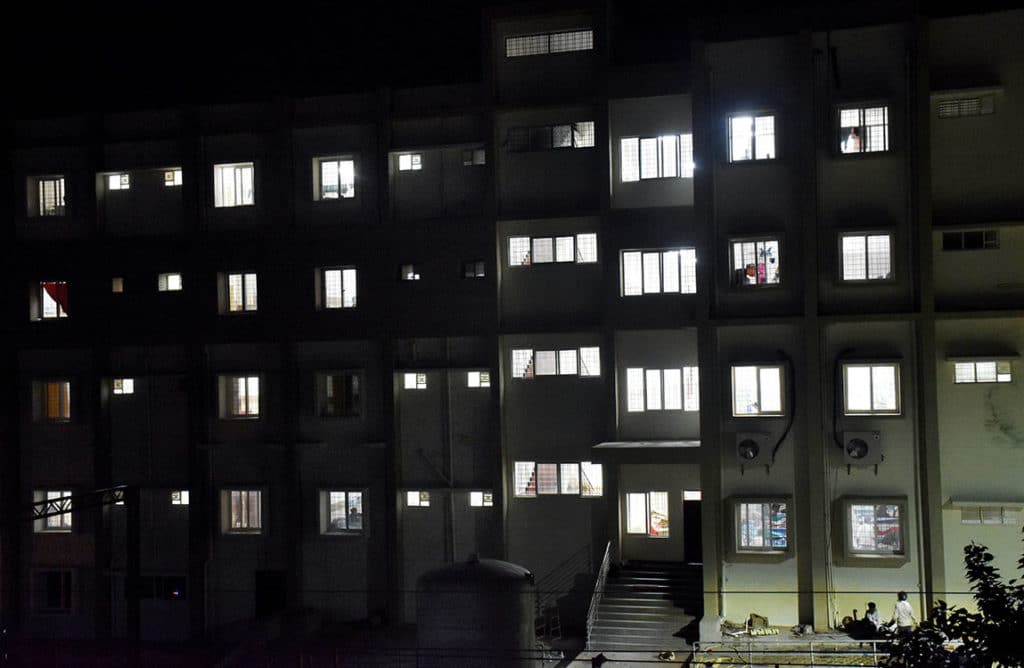
ICMR guidelines
As there is no vaccine available as of now, the patients are being treated as per the guidelines issued by Indian Council of Medical Research (ICMR). “We were not sure what treatment we should give to the patients initially. We started looking through the literatures to find an answer. We decided that we should start anti-retroviral therapies. Later, this too was included in ICMR guidelines,” a doctor treating the patient at the Hospital told Star of Mysore.
The team of doctors at the Hospital include resident doctors of medicine and anaesthesia, medical officers and faculty of medicine (professor, reader or lecturer) and post-graduate medical students and trainees for the treatment of COVID-19 patients. Medical interns too are posted for duty there.
Inside emergency ward
Inside the emergency ward, doctors wear the blue personal protective equipment with only their eyes visible behind glasses. Upon entry, each patient is personally monitored and details are entered in the patient log book. Their vitals are recorded and previous sheets are checked. “Wearing personal protective equipment makes us feel sticky. We have to speak louder and communication with patient becomes difficult sometimes,” the doctor added.
According to Mysuru Deputy Commissioner Abhiram G. Sankar, of the patients who have tested positive, most of them are from city limits. “All the beds have oxygen supply pipelines and a dedicated oxygen plant has been set up behind the Hospital,” he said while addressing a meeting with District Minister S.T. Somashekar, elected representatives and officials in city yesterday.
Patient diet
Along with the treatment, the patient diet too is taken care of. ISKCON Mysuru (International Society for Krishna Consciousness) has been authorised by the State Government to supply food to the patients. The hygienic food is brought in special containers mounted on customised vehicles and is supplied to the patients three times a day apart from the evening snacks and late-night snacks.
The diet plan is as per the chart issued by the State Government that has asked the district administrations to provide quality and nutritious food on time, as suggested by dieticians.
When a patient dies
When a patient dies at the Hospital, all tubes, drains and catheters on the dead body are removed and any puncture holes or wounds (resulting from removal of catheter, drains, tubes, or otherwise) is disinfected and the body is dressed with impermeable material. Later, the body is quietly wheeled into the back of the Hospital where it is wrapped in leak-proof plastic body bag.
A dead body often has fluids like saliva, phlegm and blood oozing out and those could be a source of virus. This is the reason why there are clear guidelines on how to handle dead bodies. Currently, funerals are largely the work of trained professionals who themselves are protected by PPE. Relatives are allowed to see the dead with adequate protection but touching, hugging, kissing is not allowed.
Waste disposal
All used and soiled linen is handled with standard precautions, put in biohazard bag and the outer surface of the bag disinfected with hypochlorite solution. The medical waste is handled and disposed of in accordance with biomedical waste management rules. The vehicles, after the transfer of the body to cremation along with burial staff are decontaminated.
Last rites
Religious rituals such as reading from religious scripts, sprinkling holy water and any other last rites that does not require touching of the body are allowed. A scientific approach is adopted to cremate or bury the body without delay.
A properly-guided burial and disinfecting the burial pit is ensured so that no virus is spread. As for cremation, the temperature is close to 1,000 degree C, which certainly kills the virus. There will be no autopsy of COVID-19 dead bodies. The ash does not pose any risk and as such they can be collected to perform the last rites.



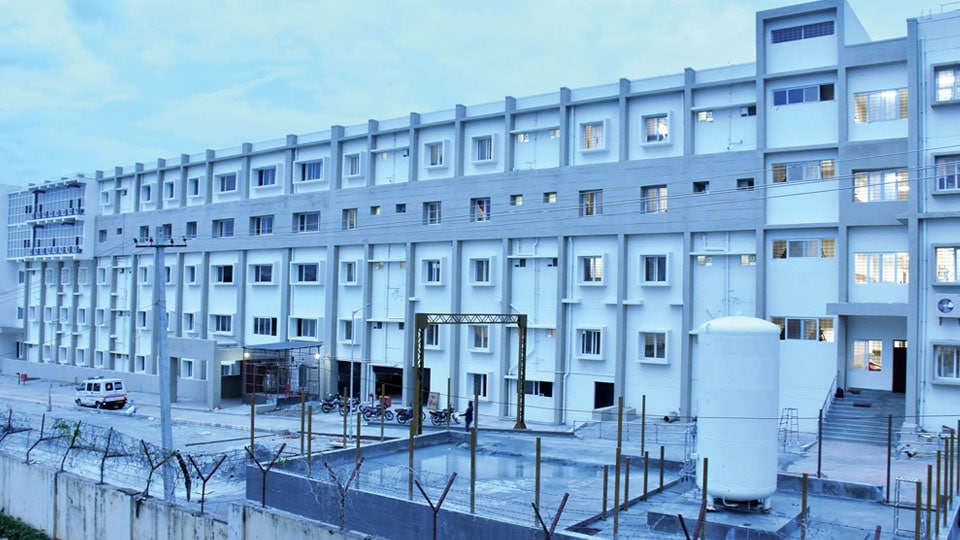
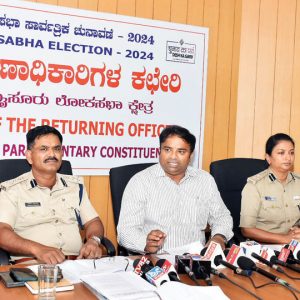
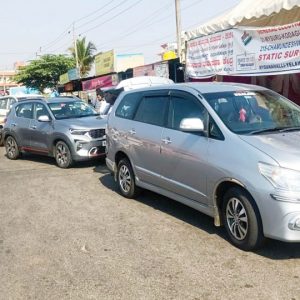
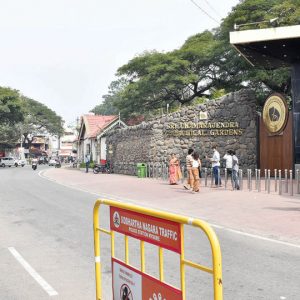

Recent Comments